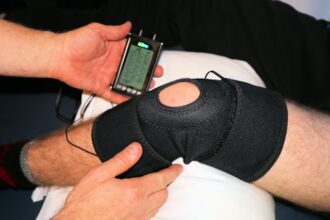Some things that you should know about brain injuries include:
• Brain injuries, often referred to as traumatic brain injuries or TBI, are a leading cause of severe disability and death, accounting for or acting as a contributing factor for approximately 30 percent of all injury-related deaths.
• Around 138 people die in the United States each day from TBI.
• Each year more than 2 and a half million people go to the emergency department with a traumatic brain injury, either on its own or in conjunction with other injuries.
• Particularly among elderly adults, the most common cause of brain injuries is falls, which account for more than 40 percent of all TBI cases.
• Men have nearly triple the risk of dying as a result of TBI as women.
• Adults over the age of 65 are at the highest risk for experiencing TBI, and at the highest risk of dying as a result of a brain injury.
While it seems that a brain injury would be immediately obvious, the reality is that some symptoms of brain injuries take several weeks or even months after the initial injury to appear. If your parent experiences a serious fall, automobile accident, or other accident, it is important to pay close attention to her behavior and symptoms to detect if there may be a brain injury present. Even minor brain injuries can lead to lasting consequences so it is vital that she gets the attention and treatment that she needs for her injury as quickly as possible.
Some potential symptoms of a brain injury include:
• Difficulty thinking
• Problems with concentration
• Headache
• Irritability
• Dizziness
• Feeling “slow” or like she cannot do what she needs to do
• Increased emotions
• Difficulty falling asleep
• Sleeping much more or much less than usual
• Sudden problems retaining information or recalling things that she just learned or experienced
• Increased anxiety
If your parent experiences any of the following symptoms after having a fall, jolt, or other accident, seek out immediately medical attention as they could indicate a very serious issue such as a blood clot:
• Increased confusion or restlessness
• Unusual, out of character behavior
• Headache that gets progressively worse and that does not go away within a day
• Vomiting or persistent nausea
• Loss of consciousness, even if it is only a brief period of unconsciousness
• Convulsions
• Slurring when speaking
• Decreased coordination
• Numbness in the extremities
• Trouble recognizing people
• Not knowing where she is
• Cannot be awakened
• Extreme drowsiness
• Uneven pupils.








